Gustavo Gutierrez, a Peruvian Catholic priest and revolutionary political activist, was known as “the father of liberation theology,” and hailed as “the prophet of the poor.” Born into a poor family in Lima in 1928, Gutierrez decided to become a priest in 1959. He was influenced by the teachings of the Second Vatican Council, which prompted the Catholic Church to address socio-political issues rather than focus solely on liturgical and ecclesiastical celebrations.
Gutierrez preferred working with the poor and marginalized, who were victims of the capitalistic economy of the Latin American government in the 1960s and 70s. This led to the publication of his groundbreaking work, A Theology of Liberation, in 1971. This work aimed to bridge the gap between theory and practice, academic and pastoral worlds, religion and politics, and church and state. It marked the beginning of a revolutionary form of theology emerging from the struggles of the poor in Latin America.
Gutierrez’s liberation theology offered a new paradigm in theological practice, as distinct from the patristic church, where theology was mainly liturgical and excluded political engagement with worldly affairs, and from medieval scholastic theology, which considered theology as a scholastic engagement. Instead, Gutierrez proposed a theology of praxis that critically engages with social realities and seeks social transformation in favor of the marginalized and disenfranchised. For him, theology begins as a local affair of reflecting on the Word of God in unique circumstances existing at a particular time and place; that is, reflecting on the gospel in light of “the material insufficiency and misery” of the poor in Latin America.
Liberation as salvation was Gutierrez’s theological slogan. According to him, the Christian concept of salvation is not a private affair; rather, it is holistic and comprehensive, encompassing spiritual, political, and material aspects. Salvation, for him, is freedom from unjust economic arrangements, freedom from a sense of being dominated by forces beyond our control, and freedom from all that spirituality keeps us from communion with God. Sin, for him, is not merely personal; there are sinful social structures that prevent communion between God and humanity or between humans and their neighbors. Considering scripture as the foundational text for theologizing, Gutierrez focused on the event of exodus as the basis of his theology of salvation.
For him, Christian life cannot be passive and apolitical, but ought to be active in participating in the struggles of humanity, anticipating the coming kingdom. The dialectics between the present and the future, old and new, make him a true Marxian, as evident in his theology of sacrament. The celebration of the Eucharist, for him, was an act of hope in the coming Kingdom as we actively participate in the struggles of the tortured in this world. According to Gutierrez, “Christian hope is grounded in the assurance that the Lord of history raised from the dead a victim of injustice who suffered death on a cross at the hands of the politically powerful. In doing so, God demonstrated definitely that ‘injustice and misery’ do not have the final word in human history. The final word rests with the liberating God.”
Gutierrez played a vital role in reshaping Christian theology as a political theology of liberation, a legacy that will be hailed forever. His death has created a vacuum in the global theological circles that envisage distinctive interpretations of Latin American theology in their own varied contexts, such as Black theology, Dalit Theology, Tribal-Adivasi theology, Feminist/womanist theology, Minjung and Mujerista theologies. Rejecting right-wing/conservative theologies such as Radical Orthodoxy that rendered Liberation theology as a theological aberration by socializing the transcendent, Liberation Theology still upholds its crucial position in social transformation. However, its epistemological constraint with the Eurocentric-monotheistic-Christian world-view (catholicity) and its inability to deconstruct this domineering doctrinal foundation, as highlighted by Marcella Althaus-Reid (Indecent Theology), Alistair Kee (The Conservatism of Liberation Theology), and Jean-Luc Nancy (Deconstructing Christianity), still validates its re-articulations in the contemporary neo-capitalist and postsecular era.
CISRS, Bangalore/ 24 October 2024
Become a member
Get the latest news right in your inbox. We never spam!


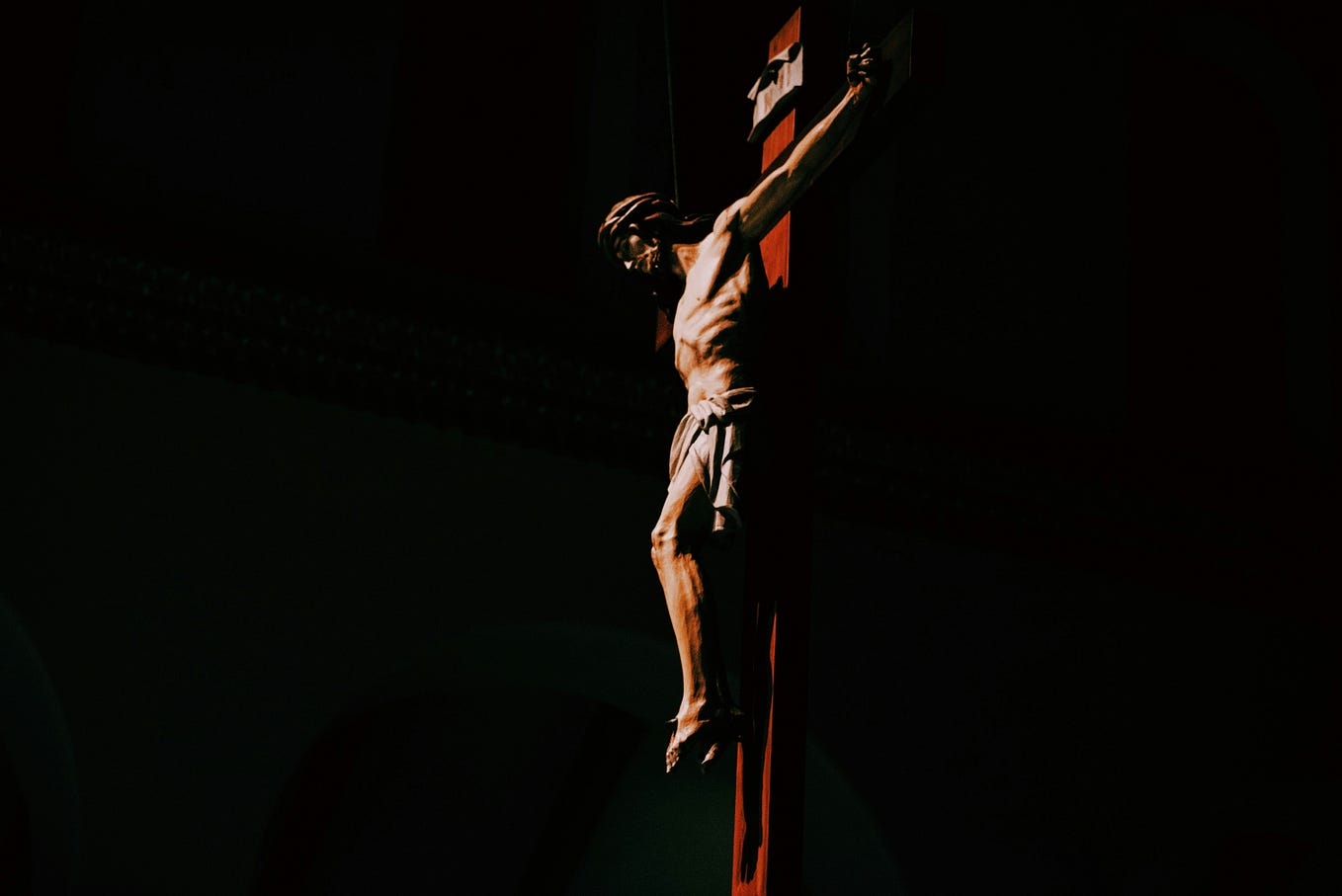
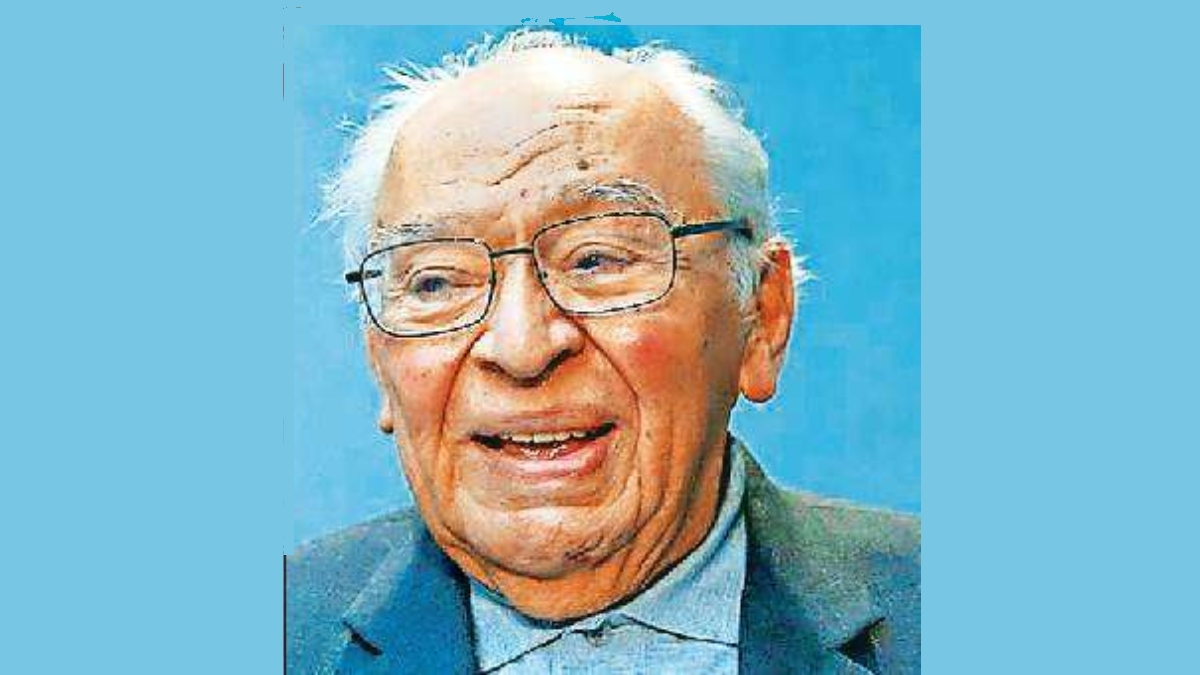
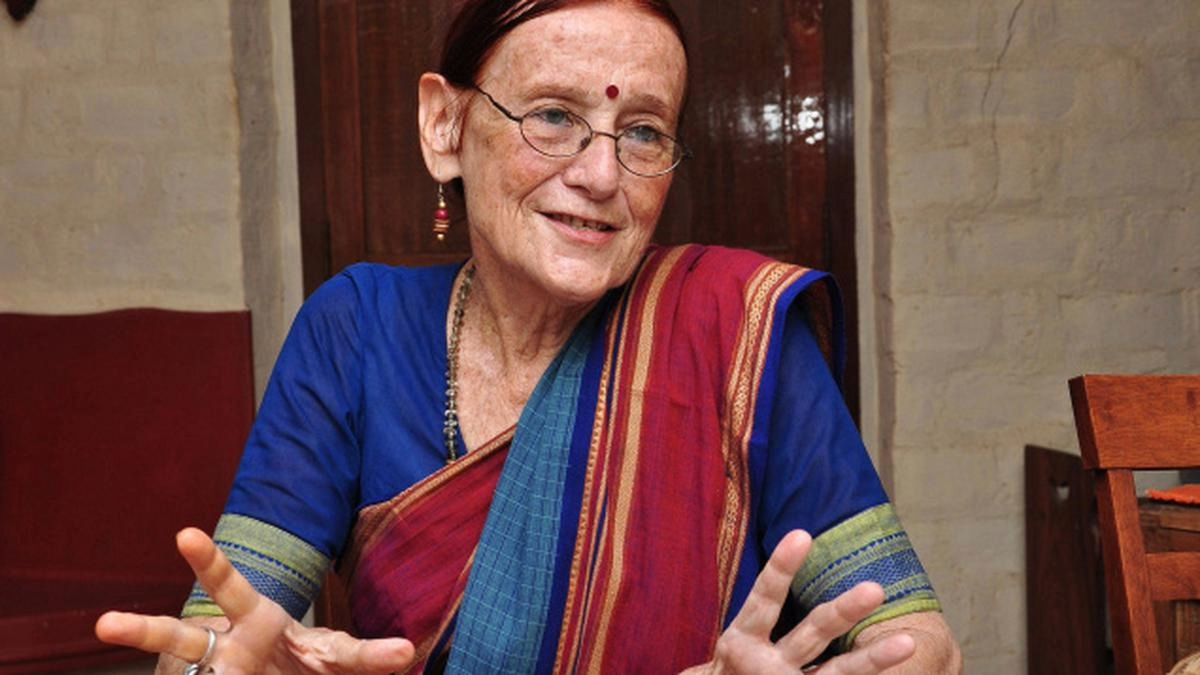
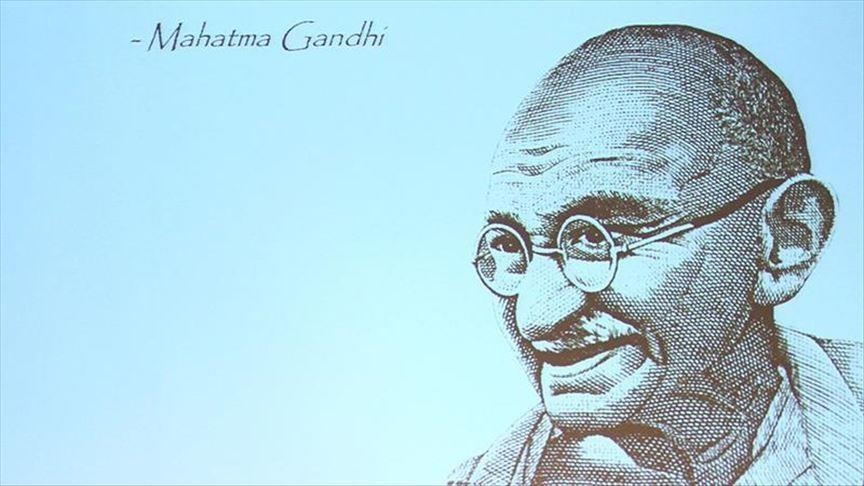
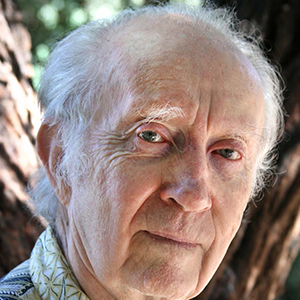
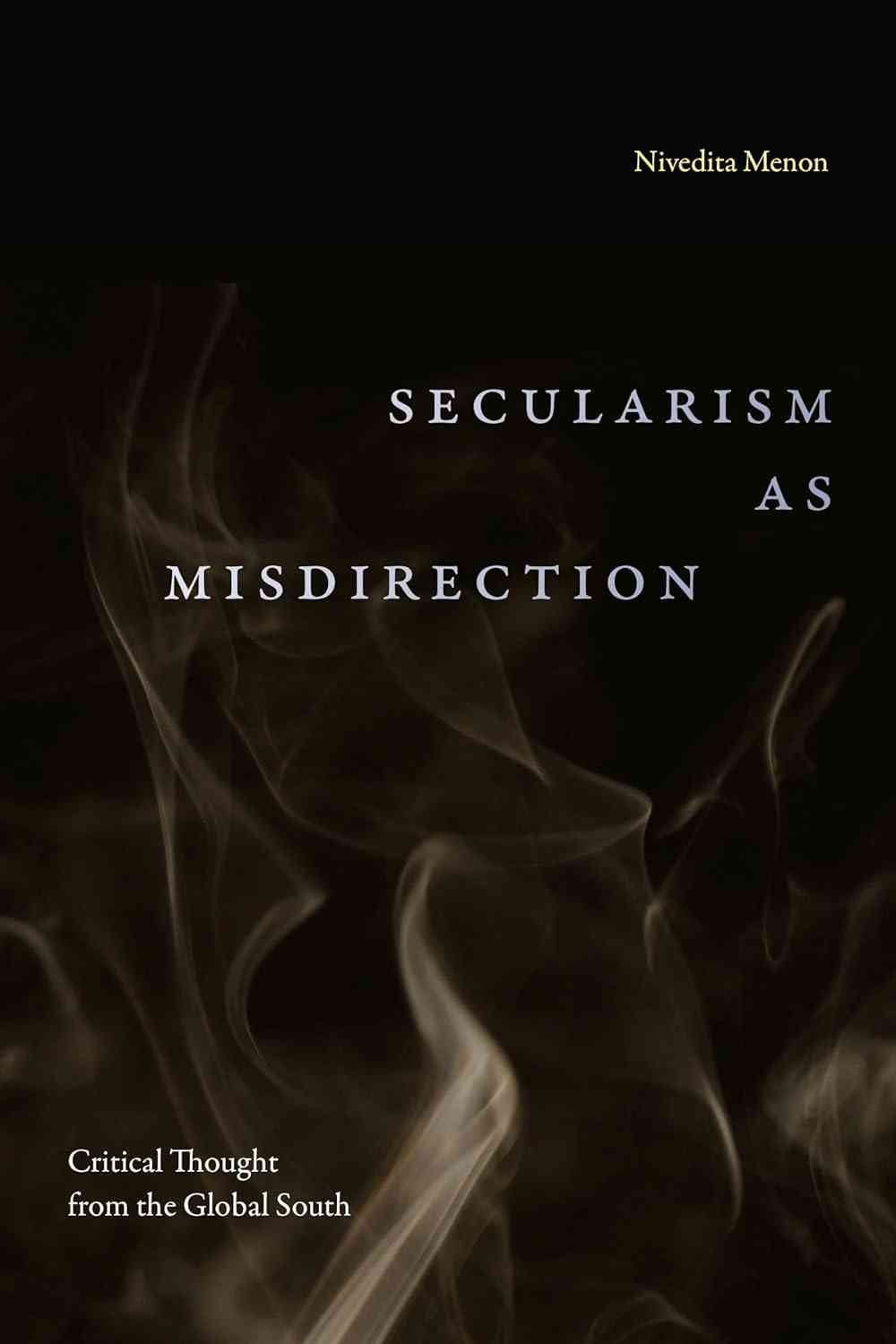

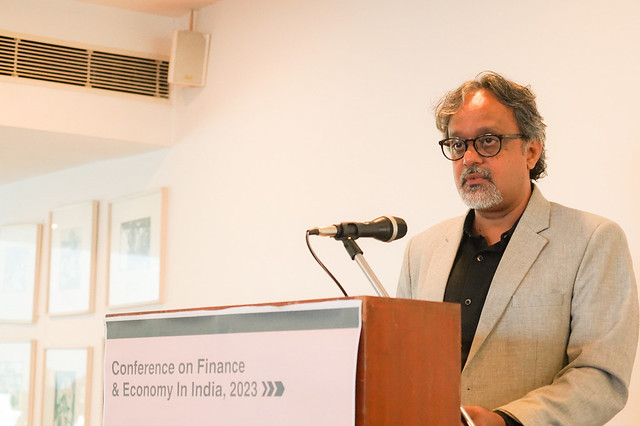


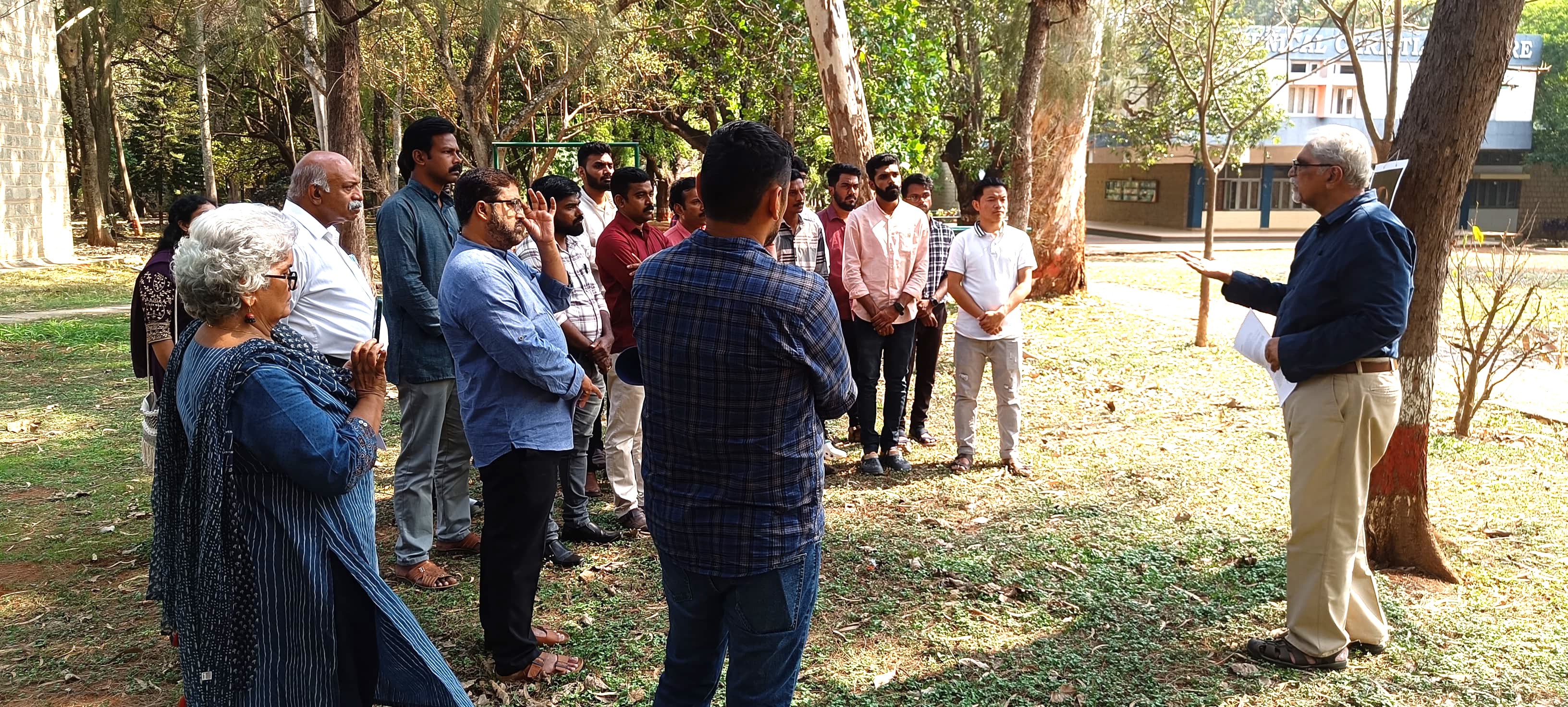
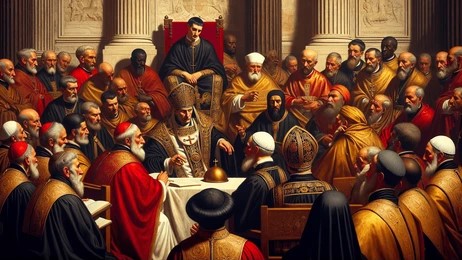
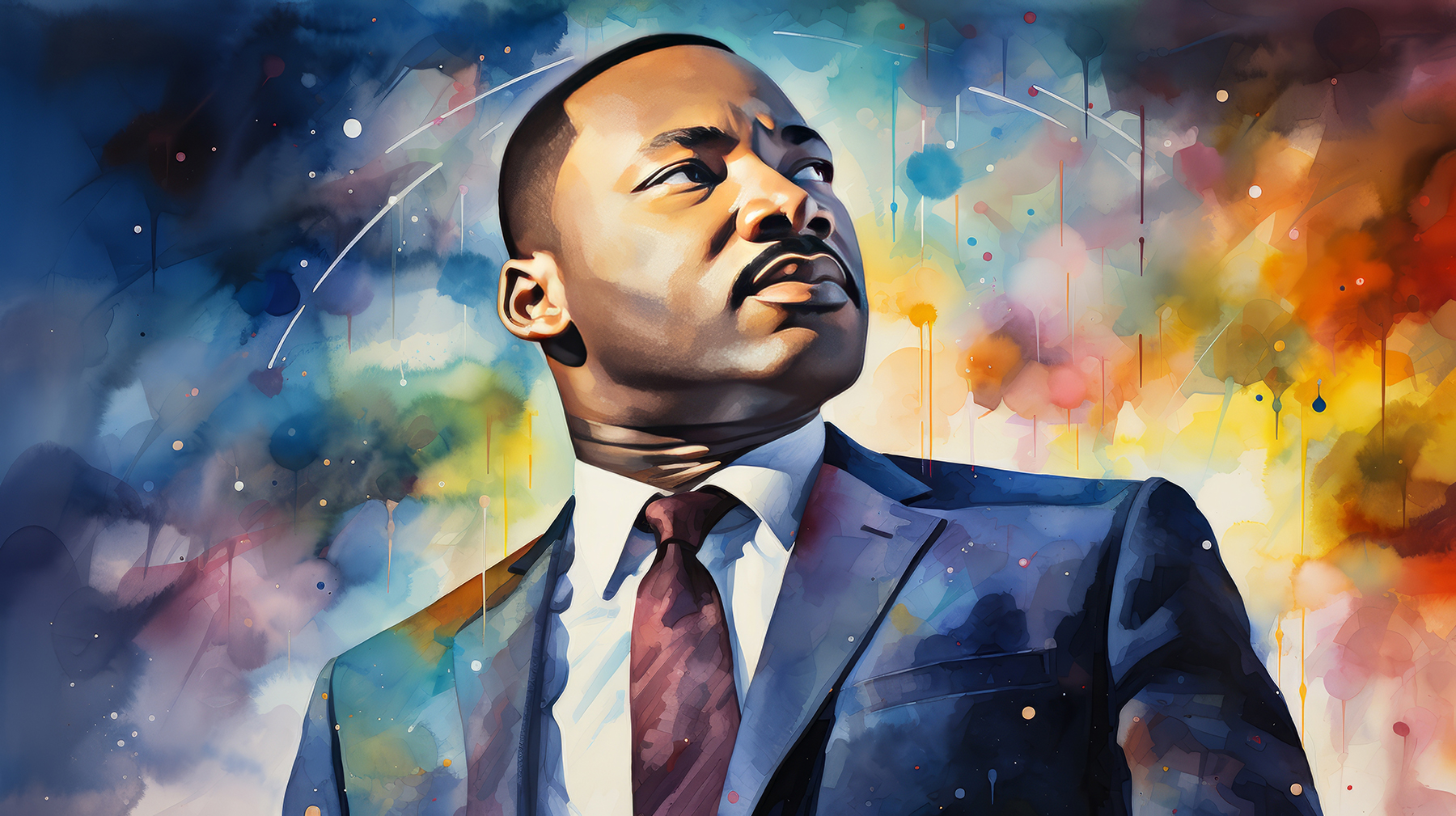
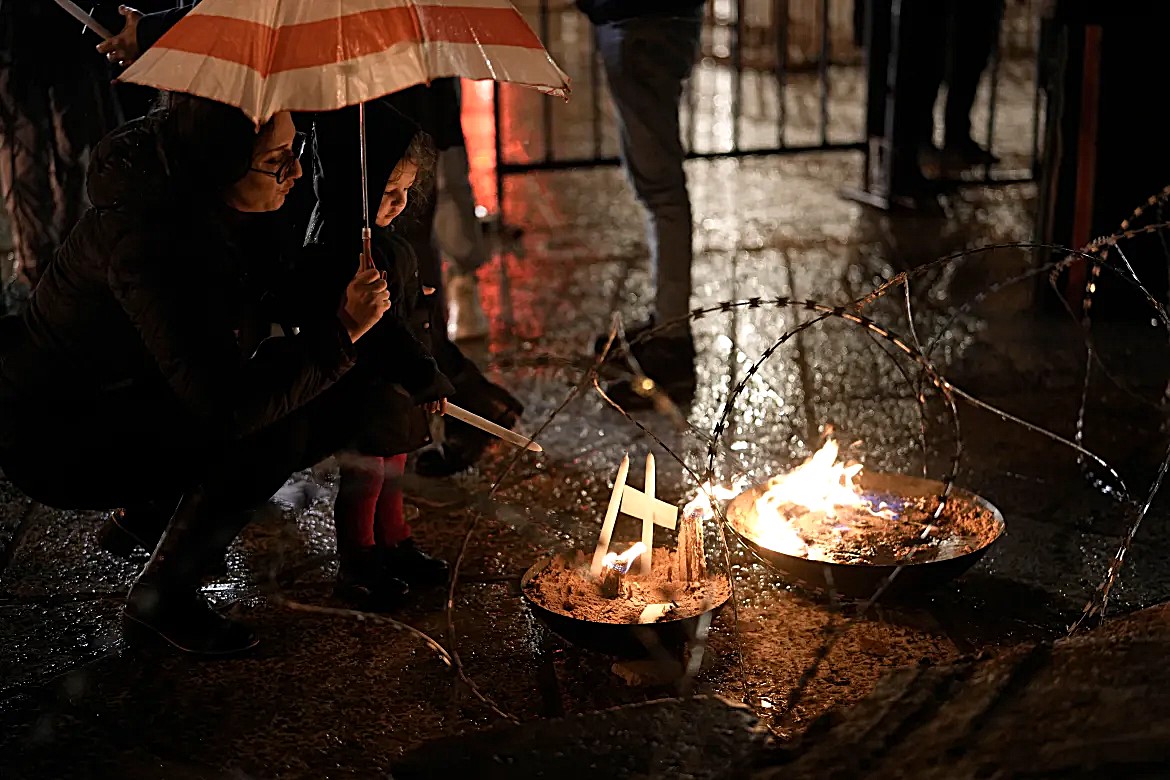
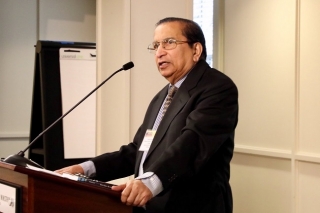
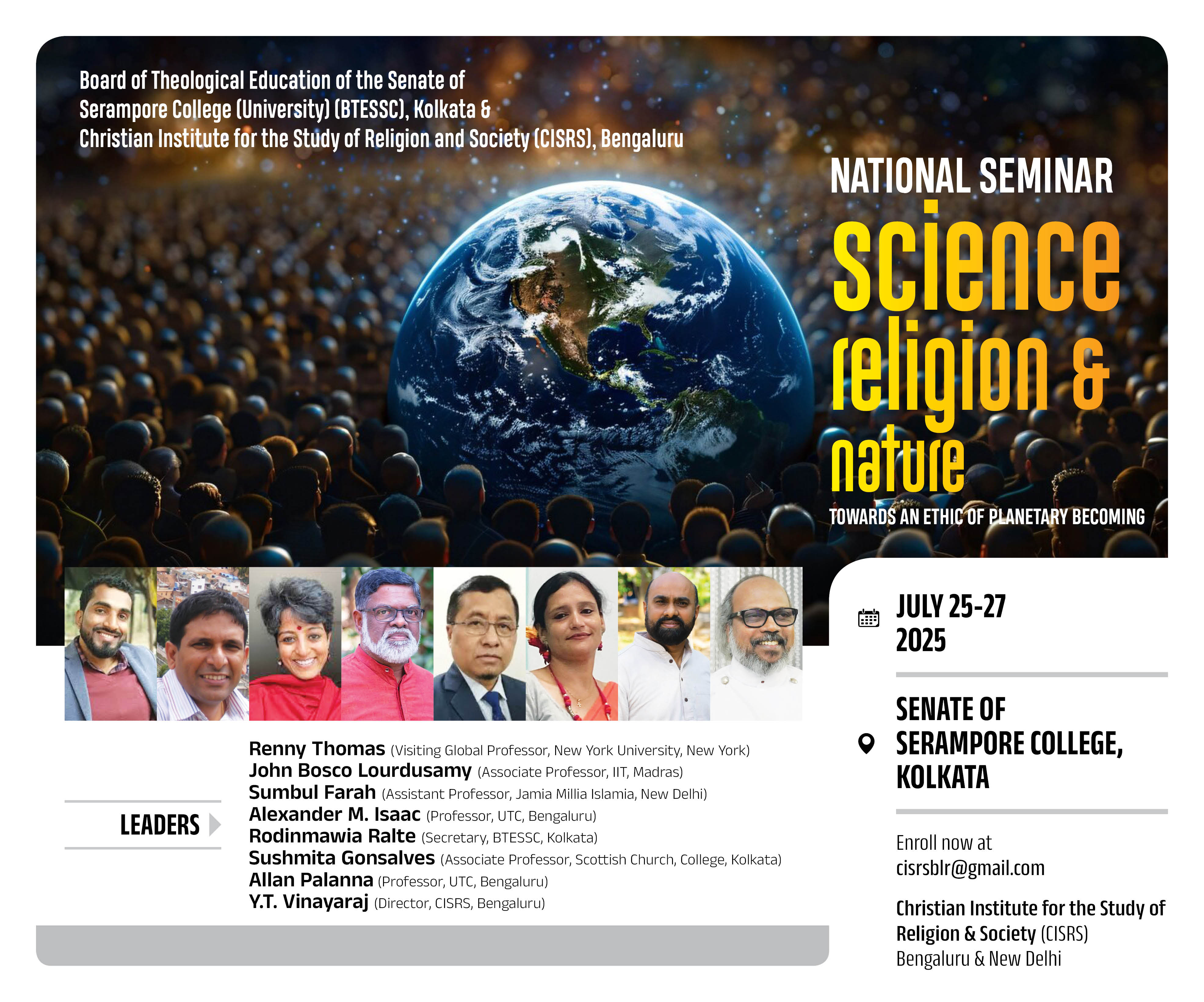

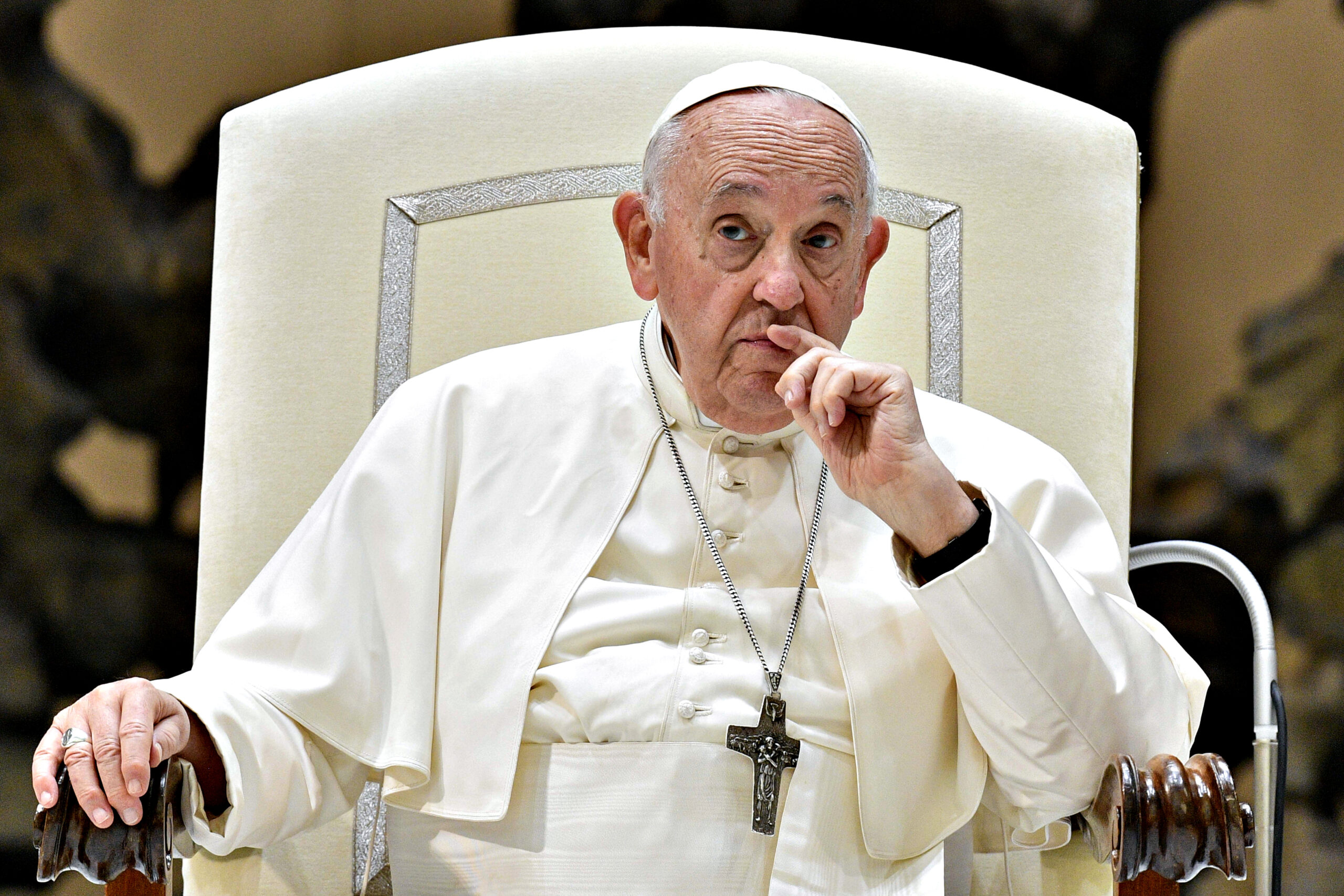
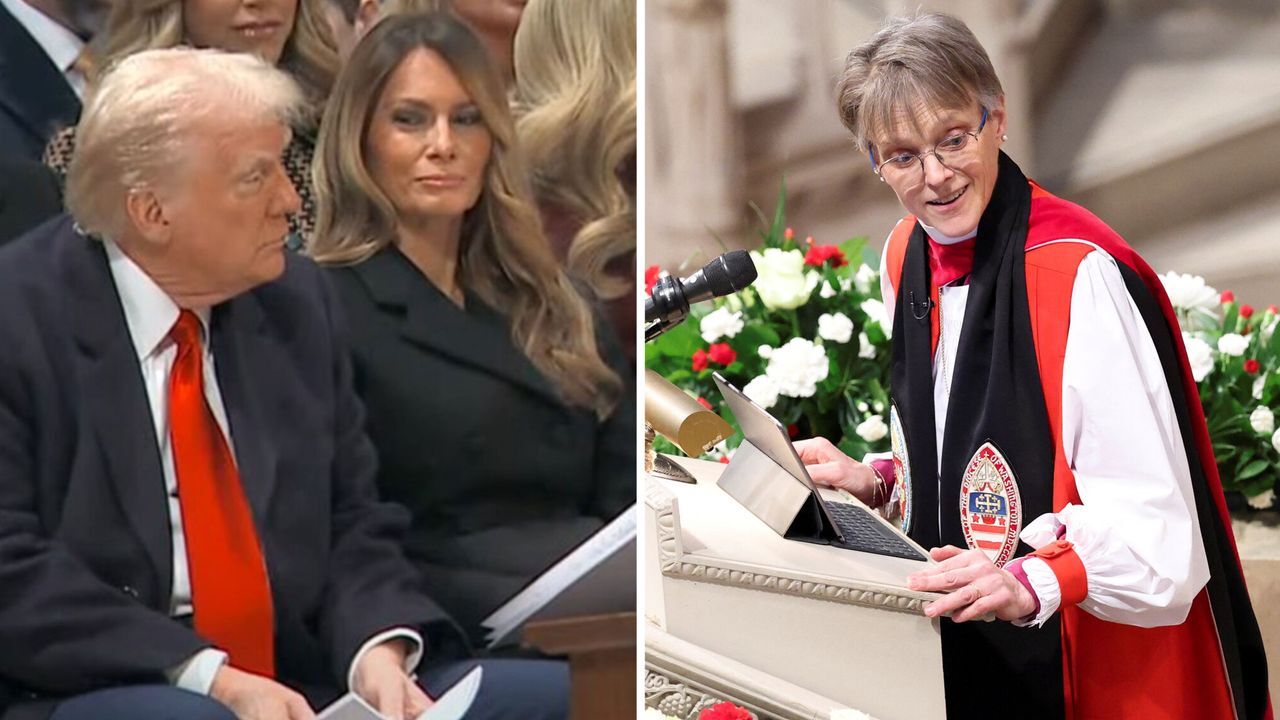
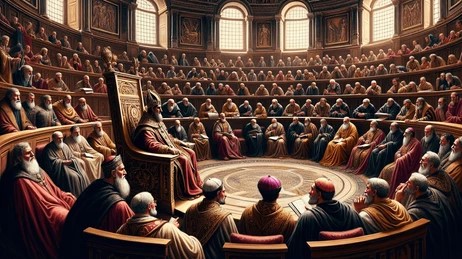
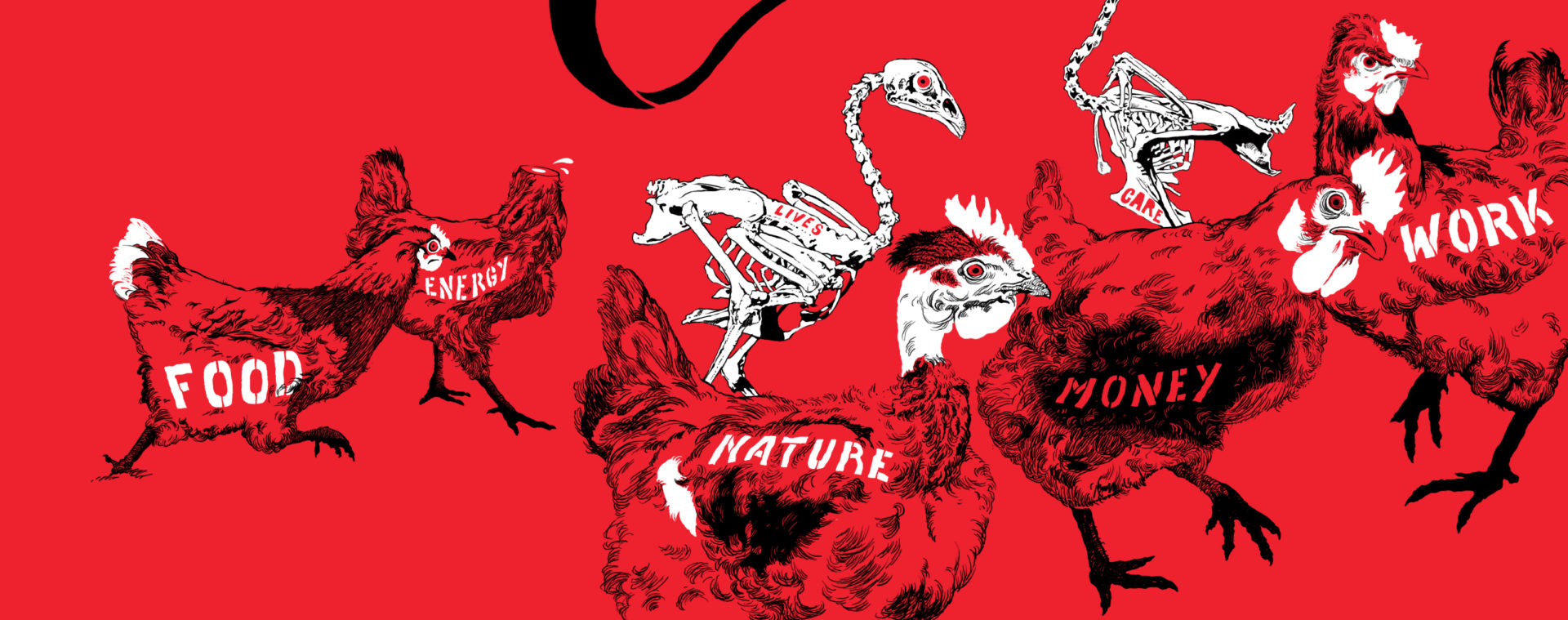
Comments
No Comments